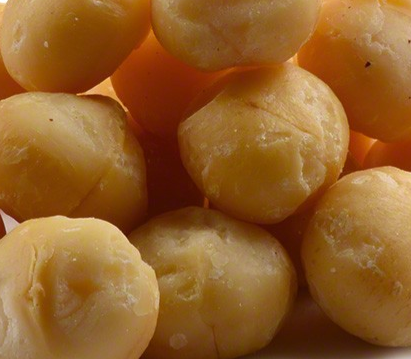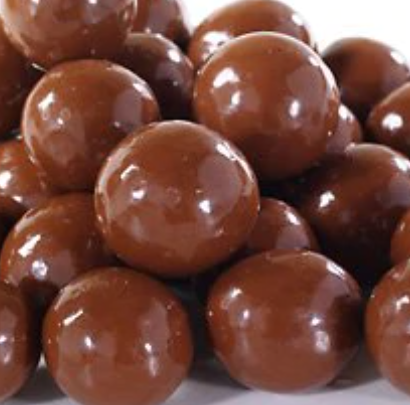Tiiips app: ingredients detective.
Free from Play Store!


Tiiips app: ingredients detective.
Free from Play Store!


| "Descrizione" by Handy23 (4269 pt) | 2022-Feb-11 17:04 |
| Evaluation | N. Experts | Evaluation | N. Experts |
|---|---|---|---|
| 1 | 6 | ||
| 2 | 7 | ||
| 3 | 8 | ||
| 4 | 9 | ||
| 5 | 10 |
Macadamia integrifolia seed oil is an oil obtained from the seeds of the plant of the same name. (the appearance of small walnuts),

evergreen subtropical tree Macadamia integrifolia of which there are at least 10 known species present in the United States and Australia.
Most significant studies
This oil contains moderate quantities of tocopherols and phenolic compounds and is quite similar to walnut oil for its antioxidant properties (1).
The seed oil in Macadamia integrifolia contains about 30% palmitoleic acid (16:1(Delta9)) and Nerium oleander about 12% isoricinoleic acid (Delta9-hydroxy-18:1(Delta12)). It has been shown that palmitoleic acid can be produced by acyl-acyl carrier protein (ACP) desaturases and it has also been shown that fatty acid hydroxylation can occur via direct substitution of a hydrogen atom. Therefore it seemed possible that the enzymes responsible for the making of these unusual fatty acids in M. integrifolia and N. oleander were of acyl-ACP desaturase type. Extracts from developing M. integrifolia developing seeds showed a relative ratio of 16:0-ACP to 18:0-ACP desaturation that was about 13 times higher than in sunflower seeds. N. oleander seed extracts catalysed conversion of 18:0-ACP to 18:1(Delta9) but only trace amounts of Delta9-hydroxy fatty acids were formed. A total of four cDNAs were isolated from developing seeds, of both species, using a fragment isolated with PCR amplification. The M. integrifolia acyl-ACP desaturase cDNA was expressed in Escherichia coli. A partly purified fraction of the enzyme showed a 16:0-ACP to 18:0-ACP desaturation ratio about 90-fold less than that in the Macadamia extracts. Expressed N. oleander acyl-ACP desaturase cDNAs showed predominantly 18:0-ACP desaturase activity and no hydroxylase activity. Thus it is not likely that any of the four acyl-ACP desaturases cloned from M. integrifolia or N. oleander is involved in the production of unusual fatty acids (2).
This oil is used predominantly in cosmetics and in industrial applications.
Macadamia is used in the confectionery industry.

References_____________________________________________________
(1) Textural, Rheological and Sensory Properties and Oxidative Stability of Nut Spreads—A Review Ahmad Shakerardekani, Roselina Karim, Hasanah Mohd Ghazali, Nyuk Ling Chin Int J Mol Sci. 2013 Feb; 14(2): 4223–4241. Published online 2013 Feb 20. doi: 10.3390/ijms14024223
(2) Characterisation of acyl-ACP desaturases from Macadamia integrifolia Maiden & Betche and Nerium oleander L. Gummeson PO, Lenman M, Lee M, Singh S, Stymne S. Plant Sci. 2000 May 15;154(1):53-60.
| Evaluate |